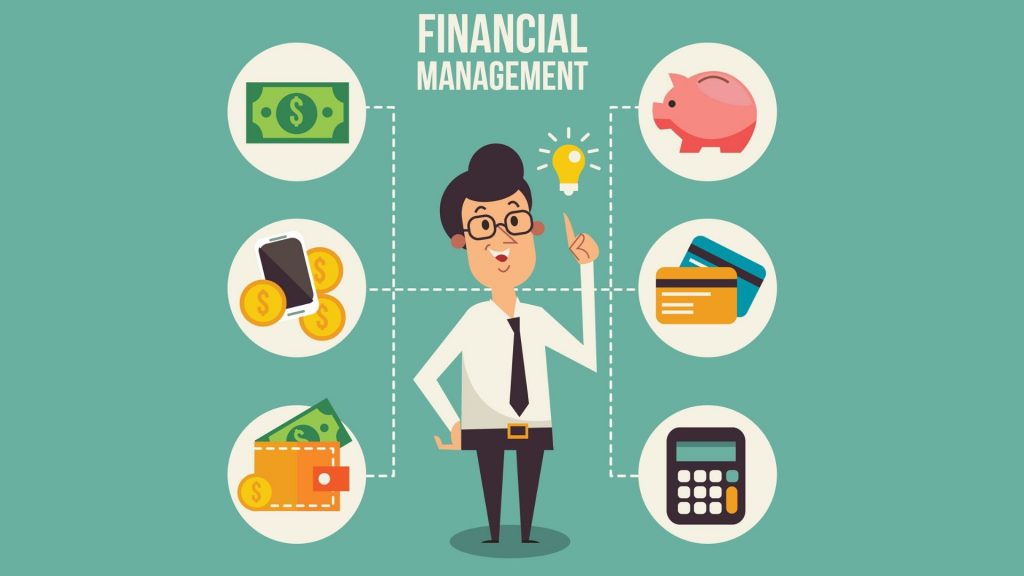Happy New Year to all our readers. May this New Year be prosperous for us in every way. The beginning of a New Year is always a good time to review the effectiveness of the previous year’s strategies and update them for continuing relevance in the New Year. Whatever strategies we had at the beginning of 2020 would have been amended and re-amended to align with the realities we faced during the COVID-19 lockdown. With the current resurgence of COVID-19 infections and threats of lockdown by governments, we must be careful to ensure that we carefully consider how these could impact the effectiveness of our financial management strategies in 2021.The situation in Nigeria is compounded by sky-high inflation and artificially low savings interest rates, which results in negative returns on investment for those who put their funds in money market investment vehicles. Our guiding principles for effective personal financial management in these dire times should be liquidity, safety, and growth.
Liquidity is the state of having sufficient cash (current and savings accounts balances) or near-cash (assets that can be easily and quickly converted to cash like fixed deposits, treasury bills, government bonds) assets to meet normal financial obligations and some unforeseen expenses. The uncertainty in the economy, job market and polity demands that we have cash readily available to meet not just our usual budgeted monthly expenses, but others that may emerge unexpectedly. The uncertainty may also lead to job/ income losses, which of course mean that even normal budgeted monthly obligations would need to be financed, not from monthly salary but from savings and other cash assets. Now that these cash/ near-cash assets are attracting abysmally low returns on investment, we must be careful to ensure that we maintain balances that are just slightly above what we need, in order not to lose too much income.
The second guiding principle for 2021 is safety. Since the threat of income loss is still looming large, we must be careful to keep the assets that we have safe. This requires that we conduct fresh due diligence on all our investments and review our portfolios. Companies worldwide are declaring losses and even bankruptcies. Do we have stock market investments in sectors that are particularly prone to the adverse COVID 19 economic effects? This is the time to liquidate those investments and move them to safer sectors. How about our banks? Are they coping well with the COVID- 19 fallout? How badly were they hit by loan losses resulting from the lockdown? Central banks stepped forward to help banks manage those losses, but what would happen with a second wave of infections? God forbid there should be another lockdown, can your bank cope? Would Central Banks still step up? If we have funds in marginal, peripheral banks now may be the time for a “flight to safety”, if you are a borrower, you could remain. However, a person with substantial cash balances needs to conduct fresh due diligence on her bank and be convinced that the bank can weather additional shocks from a second COVID-19 lockdown.
The third principle we are discussing is growth. Global economic growth is sluggish, agencies like the World Bank and IMF are reviewing economic growth projections downwards. Inflation in economies like Nigeria compound issues by eroding any gains we may get from investments. Yet we must still be on the lookout for safe assets that can deliver growth. Whilst this may not be the time to experiment with exotic assets that promise mouth-watering returns (e.g. crypto currencies and FX trading), we must still carefully consider every investment that can help us grow our assets and stem the eroding effects of inflation.
Like we have discussed several times in this column, financial management is not a one-time event, it is ongoing. So, we must be up to date in responding to changes in our socioeconomic environment. If at any time during the year we observe changes in the economy, we should review our guiding principles and strategies. If the situation no longer demands any of them, we must adapt accordingly so they can remain effective and we can harness the opportunities that the changes present. One such expected positive change is the administration of COVID-19 vaccinations to the general public; this would stem the infections, create economic demand, and accelerate economic recovery and growth – it could render these three guiding principles obsolete.
Therefore, as we adopt strategies based on liquidity, safety, and growth, we should also be on the lookout for any socioeconomic changes and prepare to realign our portfolios accordingly.
Happy investing.



